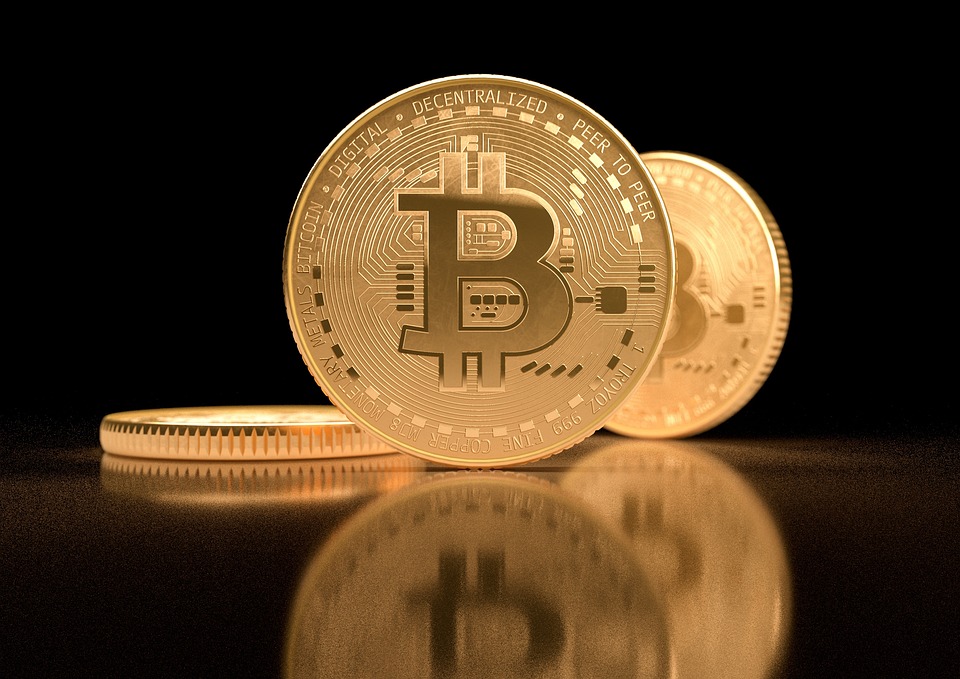Bitcoin has revolutionized the world of finance, offering users a decentralized means of storing and transacting wealth. However, with great opportunity comes substantial risk. As Bitcoin becomes increasingly popular, so too does the number of cyber threats aimed at unsuspecting investors. To ensure your Bitcoin assets remain safe, it’s crucial to take proactive security measures. Here’s a guide on the dos and don’ts of securing your Bitcoin assets.
The Dos
1. Use Hardware Wallets
Do: Invest in a reputable hardware wallet. Unlike software wallets, hardware wallets store your private keys offline, significantly reducing the risk of being hacked. Brands such as Ledger and Trezor are known for their robust security features.
2. Enable Two-Factor Authentication (2FA)
Do: Always enable 2FA on your cryptocurrency accounts. This adds an extra layer of protection by requiring a second form of verification—typically a code sent to your mobile device—in addition to your password.
3. Keep Software Updated
Do: Regularly update your wallet software and any other cryptocurrency-related applications. Developers frequently release updates to patch vulnerabilities and improve security systems. Staying current ensures better protection against potential threats.
4. Create Strong Passwords
Do: Use long, complex passwords that include a mix of upper and lower case letters, numbers, and special characters. Avoid using easily guessable information such as birthdays or common words.
5. Practice Safe Storage
Do: Back up your wallet’s recovery seed or private keys securely. Write down your recovery phrase and store it in a safe place, away from your computer. Consider using a fireproof safe to protect against physical theft.
6. Be Cautious with Public Wi-Fi
Do: Avoid accessing your crypto wallets or trading accounts over public Wi-Fi networks. If you must use a public connection, consider using a VPN to create a secure tunnel for your data transmission.
7. Stay Educated
Do: Stay informed about the latest security threats and trends in the cryptocurrency space. Knowledge is power, and understanding potential risks can help you make informed decisions about securing your assets.
The Don’ts
1. Don’t Share Your Private Keys
Don’t: Never share your private keys with anyone. Your private key is the only way to access your Bitcoin. If someone claims they need it for any reason, it’s likely a scam.
2. Don’t Leave Funds on Exchanges
Don’t: Avoid keeping large amounts of Bitcoin on exchanges. While exchanges offer convenience for trading, they are prime targets for hackers. Transfer your assets to a secure wallet as soon as possible.
3. Don’t Fall for Phishing Attacks
Don’t: Be wary of unsolicited emails or messages claiming to be from cryptocurrency platforms. Scammers often create fake websites that mimic legitimate services to steal your credentials. Always check the URL before entering sensitive information.
4. Don’t Use the Same Password Across Platforms
Don’t: Avoid using the same password for multiple accounts. If one account is compromised, hackers can gain access to your other accounts. Use a dedicated password manager to keep track of unique passwords.
5. Don’t Ignore Security Tools
Don’t: Neglect using antivirus software and firewalls on your devices. These tools add an extra layer of protection against malware that could compromise your Bitcoin wallet.
6. Don’t Participate in Pump and Dump Schemes
Don’t: Be cautious of social media hype and “get-rich-quick” schemes related to cryptocurrencies. Engaging in such practices can result in financial loss and may expose you to scams.
7. Don’t Overlook Personal Security
Don’t: Underestimate the importance of personal safety. Share your cryptocurrency holdings sparingly and consider using pseudonyms on social media. Protecting your privacy helps mitigate the risks of targeted attacks.
Conclusion
Securing your Bitcoin assets requires diligence and a proactive approach to risk management. By following the dos and don’ts outlined in this guide, you can significantly reduce your vulnerability to threats while enjoying the benefits of cryptocurrency. Always remember: in the realm of digital assets, the best defense is a good offense. Stay informed and stay secure.


